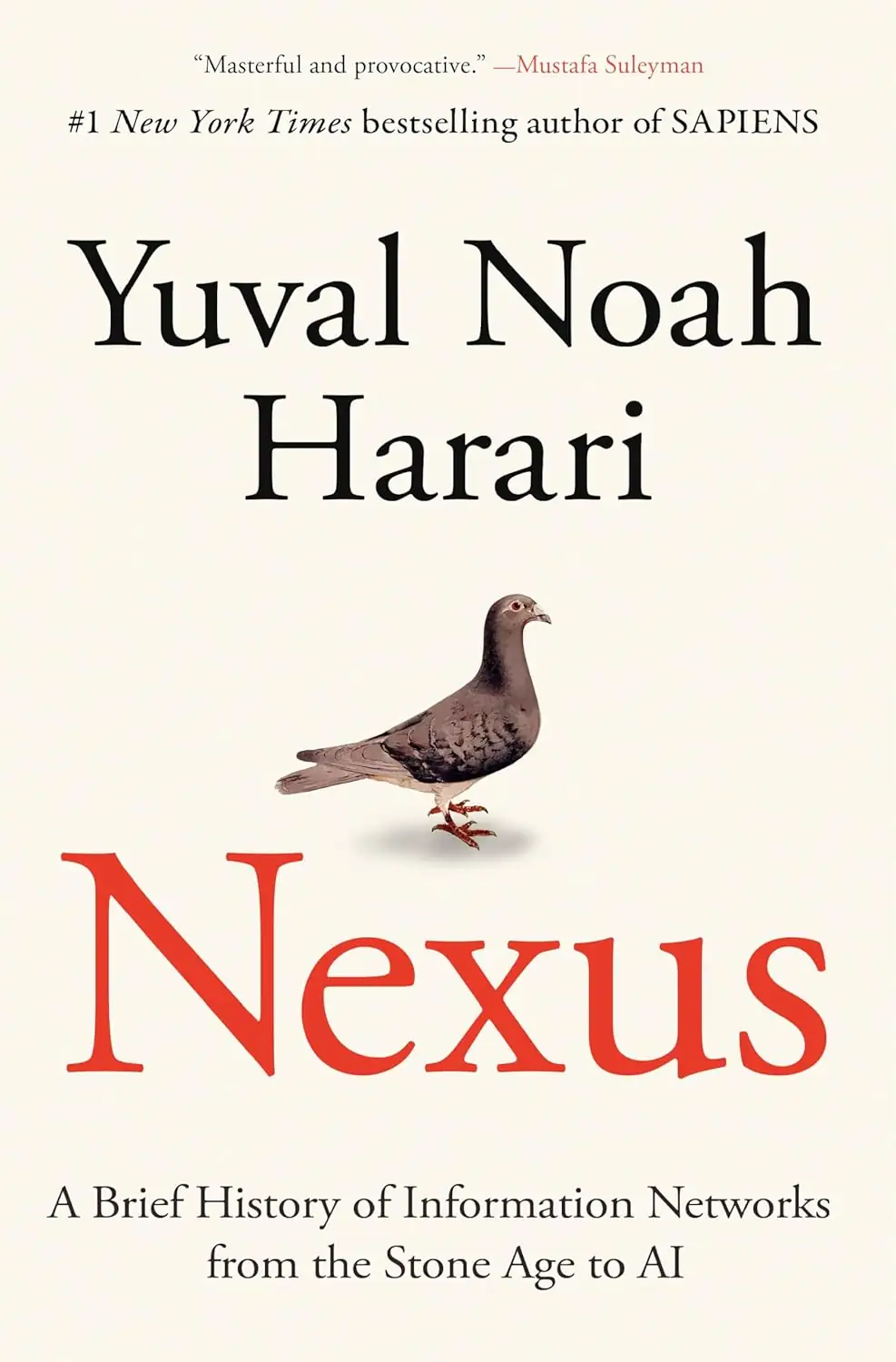At both the Global ZDay event in Brisbane, Australia the New Zealand ZDay event in Auckland in 2017 and at the Global Zday event in Frankfurt, Germany in 2018 I gave this presentation about the Price of Zero transition to a Natural Law Resource Based Economy. The slides are based on the presentation given on… Continue reading ZDay presentation – Price of Zero Transition to an RBE
Book Summary – Thinking in Systems by Donella Meadows
The Book Thinking in Systems by Donella Meadows is a good read. I highly recommend it for anyone as a good introduction to Systems Thinking. It was easy for me to understand and wasn’t as conceptually hard to process as The Unaccountability Machine which focused more on Stafford Beer’s Viable Systems Model. This book seems… Continue reading Book Summary – Thinking in Systems by Donella Meadows
Better AI Prompting quick tips
So I’ve read the Claude, Meta and some of the other models prompting guides but I think the YCombinator video they just released explains them well. If you are creating an AI prompt for something even a little complex then you should ask it first to provide a better prompt. This is called Meta Prompting.… Continue reading Better AI Prompting quick tips
Plesk – Mod Security Web Application Firewall Comodo rules explained
If you’re using Plesk with ModSecurity and the free Comodo ruleset, understanding the rule categories is essential for effective website security. These rules protect your site from threats like SQL injection, cross-site scripting (XSS), brute force attacks, information disclosure, and protocol violations. Comodo’s ruleset also includes specialized protections for popular platforms like WordPress, Joomla, and Drupal, as well as safeguards against backdoors and malicious bots. While these rules provide robust security for your web applications, some—such as those targeting PHP information disclosure—can be overly sensitive and may require customization to prevent false positives and ensure smooth website functionality. Properly configuring ModSecurity in Plesk helps balance strong security with optimal site performance.
The 20 Lessons on Tyranny
The 20 Lessons on Tyranny 1. Do not obey in advance – Don’t voluntarily surrender power by anticipating what authoritarian leaders might want. 2. Defend institutions – Protect democratic institutions like courts, newspapers, laws, and labor unions through active participation. 3. Beware the one-party state – Support multi-party systems and democratic elections; consider participating in… Continue reading The 20 Lessons on Tyranny
Claude – Some complaints and suggestions
I’ve been using and paying for Claude the AI by Anthropic for a while now and there’s some things that bug me about it. Firstly, I’ll mention that I love Claude. The output is detailed and useful. I use Claude for thinking through hard problems. Sometimes directly, sometimes in Perplexity or Cursor. I OFTEN use… Continue reading Claude – Some complaints and suggestions
The Dictator’s Handbook – Summary
The Dictator’s Handbook and The Rules for Rulers: A Summary Both “The Dictator’s Handbook” by Bruce Bueno de Mesquita and Alastair Smith and CGP Grey’s video “The Rules for Rulers” (based on the book) present a powerful framework for understanding political power called selectorate theory. This summary is provided by Claude. Core Principles At the… Continue reading The Dictator’s Handbook – Summary
Key Concepts from Yuval Noah Harari’s “Nexus”
Summary of “Nexus” by Yuval Noah Harari This is a summary generated by Google’s Gemini 2.0 Flash Thinking model. It was given an 833KB transcript based on a Whisper AI Speech to Text of the Audiobook of Nexus.I couldn’t use Claude, my usual go-to because there was so much content it was beyond the acceptable… Continue reading Key Concepts from Yuval Noah Harari’s “Nexus”
Summary of Flow by Mihaly Csikszentmihalyi
The Path to Flow: Key Insights from Mihaly Csikszentmihalyi’s Work on Optimal Experience This post is a Claude generated summary of the book Flow: The Psychology of Optimal Experience by Mihaly Csikszentmihalyi Have you ever been so completely absorbed in an activity that you lost track of time, forgot your worries, and felt a deep… Continue reading Summary of Flow by Mihaly Csikszentmihalyi
SM Tickets Bureaucracy – Anna Akana Edition
For those looking for a quick instruction manual on redeeming with SM Tickets (as of Feb 2025): The TLDR is that I arrived too late. They now only accept ticket redemptions between 10am and 3pm, which is just way too restrictive. This means I’ll have to go back. Which means less time with my family… Continue reading SM Tickets Bureaucracy – Anna Akana Edition
The Byzantine World of SM Tickets: A Tale of Bureaucracy Gone Wild – Dua Lipa edition
What should have been a simple ticket collection turned into a bureaucratic nightmare at SM Tickets. After an initial failed attempt at SM City Masinag’s service counter, the next day devolved into a labyrinth of redirections, digital scavenger hunts, and byzantine requirements. The final straw? A live video call with the ticket holder wasn’t sufficient authorization – they demanded a physical signed letter, proving that in the age of digital convenience, SM Tickets remains steadfastly committed to making simple tasks unnecessarily complex.







